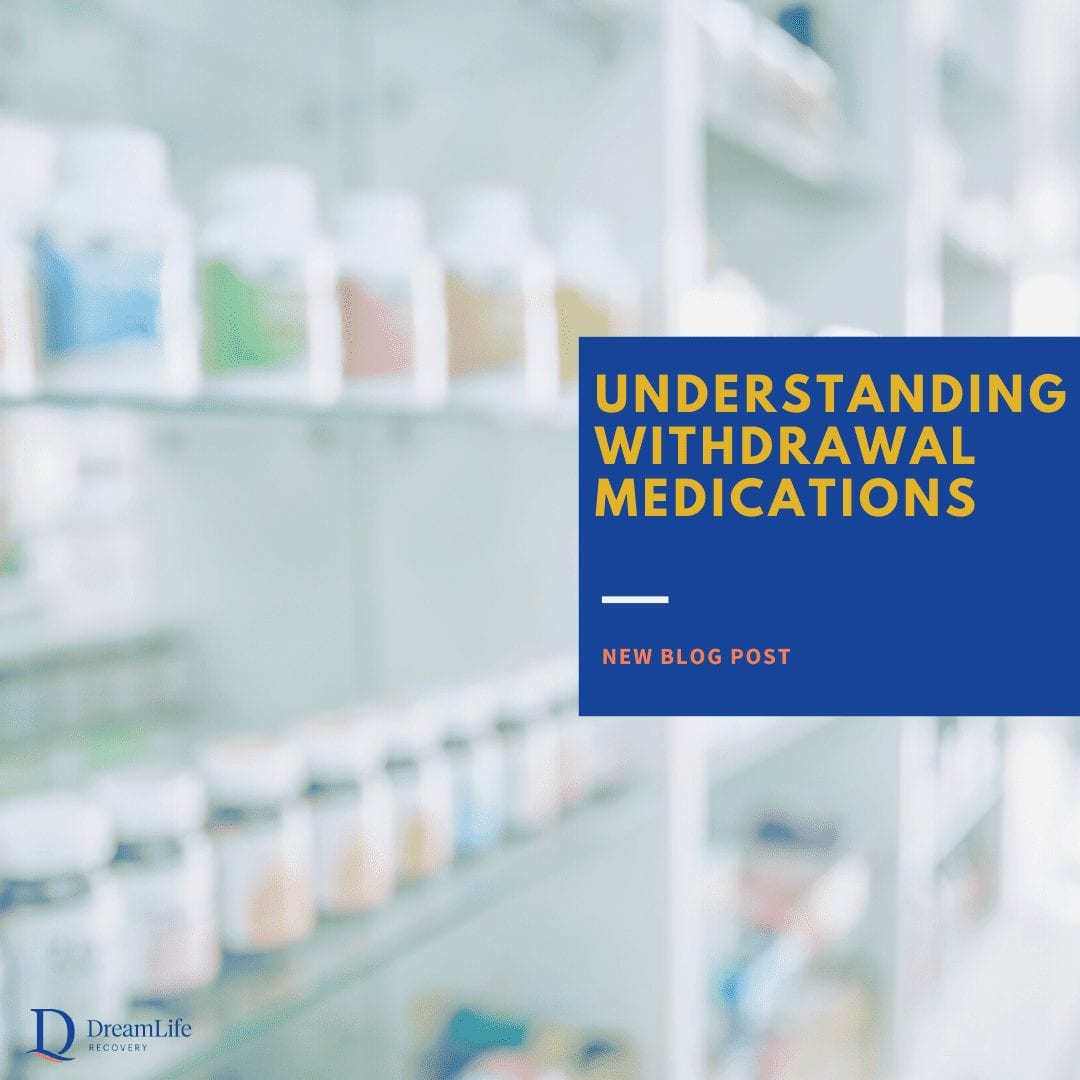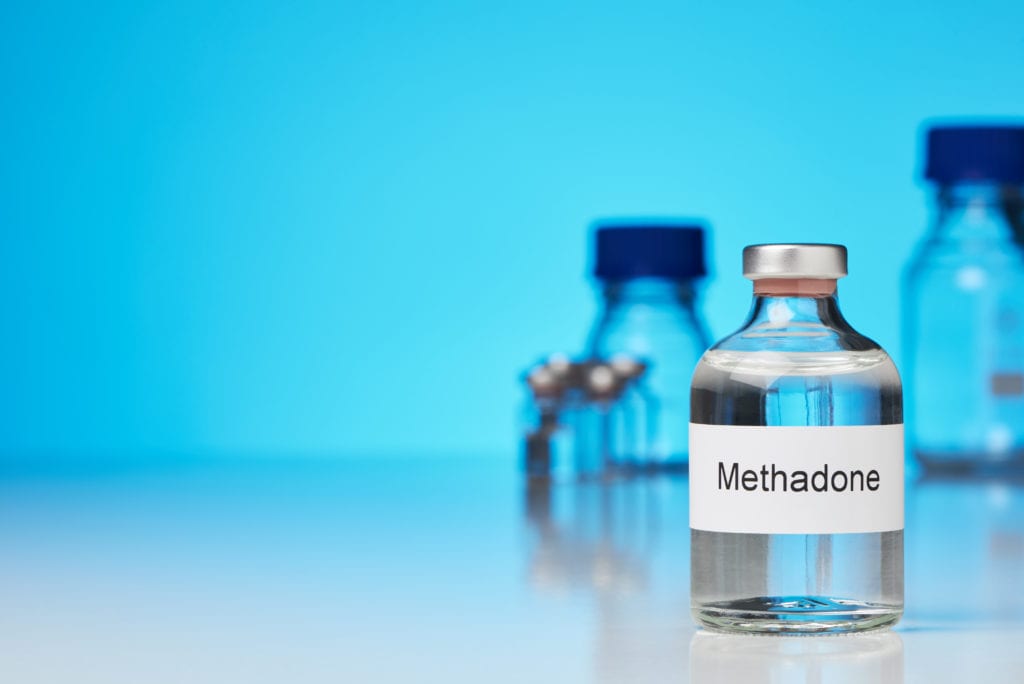Understanding Withdrawal Medications


Written By
DreamLife RecoveryWithdrawal medications are typically used during medication-assisted treatment for substance abuse and addiction treatment for drugs or alcohol. It’s important to understand exactly what withdrawal medications are and how they work.
While there are different approaches to the detox process, for certain people, medication-assisted treatment might be the best option. When withdrawing from certain types of drugs or long-term use of alcohol, severe withdrawal symptoms can set in which can be both unpleasant and dangerous. Some side effects include anxiety, depression, hallucinations, nausea, muscle aches, sweating, and seizures. Detoxification should always be done under medical supervision.
What are Withdrawal Medications?
Withdrawal medications help addicts ease the side effects of withdrawal from drugs or alcohol but they can also be used to help prevent the likelihood of relapse. They are prescribed by doctors as part of a medically-assisted treatment plan and should only be used under medical supervision. The dosages of the medications may change over the course of managing your withdrawal symptoms.
Additionally, there are different types of medications to treat withdrawal from different types of drugs and alcohol. For withdrawal medications associated with drugs such as opioids, the intention is to relieve unpleasant withdrawal symptoms and/or prevent relapse. With those associated with alcohol, the main purpose is to deter drinking by causing unpleasant side effects if a person drinks again.
Medications for Drug and Opioid Withdrawal
- Buprenorphine (Suboxone) – This partial-agonist medication helps to block some opioid receptors in the brain. It also helps reduce cravings to use and relieve the pain associated with opioid withdrawal without creating the “high” that usual painkillers may have.
- Methadone – This full-agonist medication is primarily used to help individuals detox from painkiller and heroin abuse. Individuals must be monitored closely when taking methadone to make sure that there are not excess amounts of it in their system so they can continue with their sobriety.
- Naltrexone – This antagonist medication blocks the effects of opioid receptors. It is not used to reduce withdrawal symptoms, but instead is used to reduce the likelihood of relapse. If someone takes an opioid while taking naltrexone, they will not experience the same “high” that they are used to.


Medications for Alcohol Withdrawal
- Acamprosate (Campral) – This medication is used for those in recovery, however, it cannot be taken until an individual has completed alcohol detoxification.
- Disulfiram (Antabuse) – This medication can be taken daily and if taken and alcohol is consumed, unpleasant side effects can occur within 10 minutes suchs as headache, nausea and vomiting.
- Naltrexone (Vivitrol) – This is used at part of a medication-assisted treatment plan at treatment facilities to treat drug or alcohol abuse. Individuals who drink while taking this medication will not feel the intoxicated effects of alcohol like they normally would, reducing their desire to continue drinking.
What are the Dangers of Withdrawal Medications?
With any type of medication, there are concerns that should be considered when taking them. This case is especially true for drug or alcohol withdrawal medications. Individuals who are enlisted in a medication-assisted treatment and will be receiving these withdrawal medications should provide their doctor with a list of current medications to ensure that there will be no issues. Sometimes these types of medications can have fatal side effects when combined with anti-anxiety medications such as benzodiazepines (Xanax and Valium).
Some of the medications used to help with withdrawal can also become addictive if not used under medical supervision. When detoxing in a recovery center, medical staff will closely monitor the amount, dosage, and frequency that withdrawal medications are distributed. This is to ensure that they are being used for the right purposes and to decrease chances of abuse.
Do I Need Withdrawal Medications?
For individuals detoxing from opioids or alcohol, withdrawal medications are highly encouraged as they can relieve unpleasant side effects and have a significant impact on reducing relapse. However, this method of treatment is not the end all be all. According to SAMHSA, patients involved in medication-assisted treatment must receive counseling, including behavior therapy.
If you or a loved one is going through detox, please do so at a treatment facility with medical staff to supervise. At DreamLife Recovery, we will help you determine if medically-assisted treatment is the right decision for you on your road to substance abuse and/or alcohol recovery. Contact our admissions department today.






